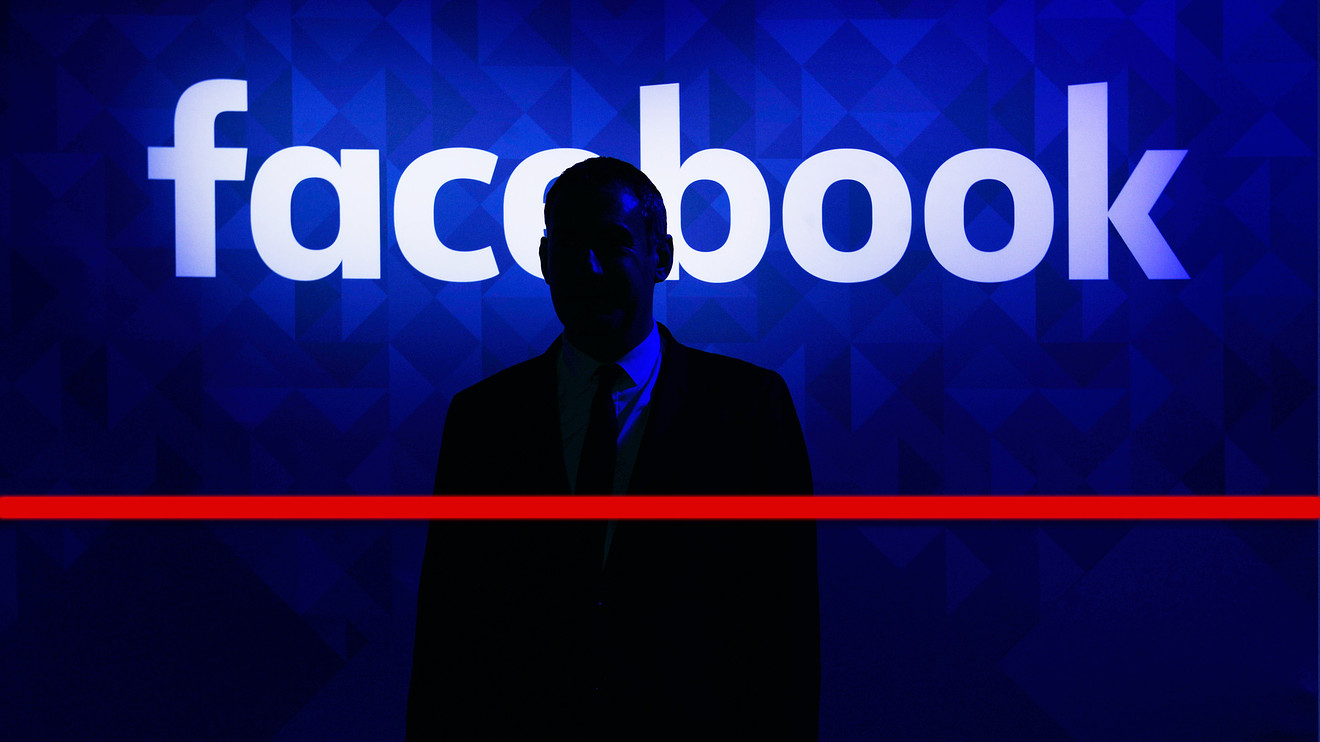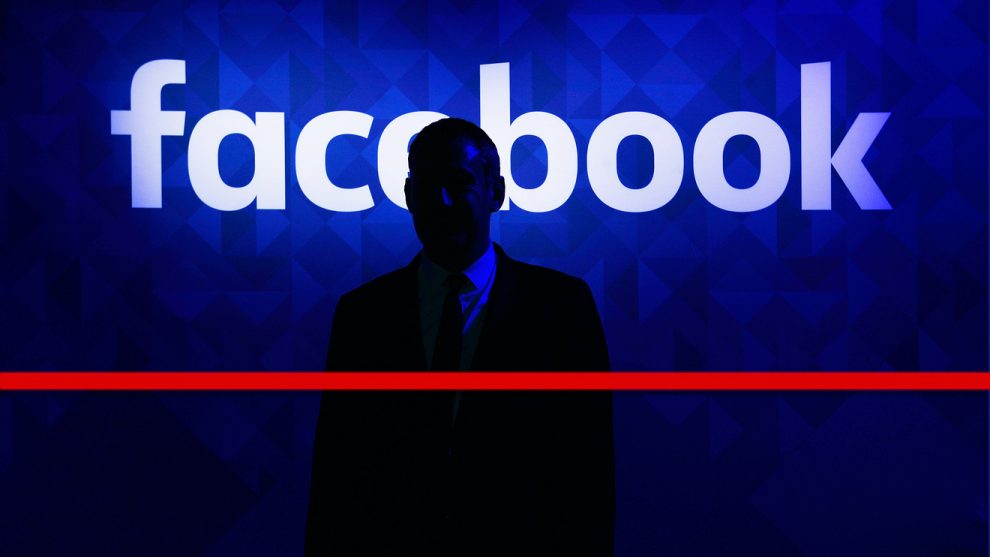
Facebook is getting into crypto.
The biggest social network on the planet said Tuesday it’s launching a cryptocurrency-based payments system called Libra. Unlike Bitcoin BTC, -3.42% it will be tied to the value of real-world currencies. A new subsidiary called Calibra that will offer the digital wallet for the Libra.
Calibra will be a founding member of the nonprofit Libra Association, along with two dozen other companies and nonprofits, including including eBay EBAY, +1.68% Visa V, -0.09% Mastercard MA, -0.21% PayPal Holdings PYPL, -0.89% Lyft LYFT, +0.86% Uber UBER, +0.64% and Kiva. (Read more: Facebook’s cryptocurrency venture is a coin, plus a wallet.)
Users may not be comfortable mixing Facebook and finance, especially in light of the Cambridge Analytica scandal.
Facebook’s FB, -0.16% 2 billion-plus users stay connected with friends and family near and far, share intimate photos, reconnect with friends from college and high school, and even rekindle relationships, but will they also the platform for financial transactions? And will the company’s recent data and privacy controversies to spook consumers?
Users may not be comfortable mixing Facebook and finance, especially in light of revelations last year that U.K.-based Cambridge Analytica improperly accessed 87 million Facebook users’ data. Facebook Chief Executive Mark Zuckerger testified before Congress and vowed to do more to fix the problem and help make sure that nothing like that happens again.
In the aftermath of that scandal, all of Facebook users received a message on Facebook called “Protecting Your Information,” laying out which third-party apps have access to your individual Facebook profile. (Zuckerberg issued a mea culpa, and pledged to be more careful when vetting third party apps, but said fixing the problem could take years.)
Most people (91%), in fact, said they wouldn’t trust Facebook to handle their payments, according to a 2018 survey of 1,000 adults by personal-finance site MagnifyMoney. Facebook launched a Messenger Payments feature in 2015, but this was not disclosed to the respondents, and the survey’s authors assumed they were either not aware of the payments service or did not currently use it.
Don’t miss: The genius move behind Facebook groups: mining users for more revealing data
What’s more, some 79% of people said they did not use Messenger Payments, according to Statista. It faces stiff competition from Zelle, which moved $75 billion in 2017 across its payments network, up 36% on the year, compared to $35 billion via PayPal’s PYPL, -0.89% Venmo, up 97% on the year. A Facebook spokesperson said it does not break out figures for Messenger Payments.
Most people (91%) said they wouldn’t trust Facebook to handle their payments, according to one 2018 survey.
More than 60 financial institutions are part of Zelle, from small community banks and credit unions to JPM, +1.69% Bank of America BAC, +2.88% Capital One COF, +1.18% Citi C, +2.26% Wells Fargo WFC, +2.22% and Morgan Stanley MS, +2.32% It’s very different from a digital currency, however. Messenger Payments requires users to link their account to a U.S. bank-issued debit card or a PayPal PYPL, -0.89% account.
Among those who currently access their bank and financial accounts online, about a quarter of people said they’re considering no longer doing so with mobile apps or via the internet, the MagnifyMoney survey added. Whether they actually follow through on that , of course, remains to be seen. The survey was conducted just days after the Cambridge Analytica story broke. People may be more likely to trust Facebook in 2019.
Mobile payments in the U.S. have lagged other major economies. There has been a speedier adoption of mobile payments in China, according to eMarketer. They’re expected to rise to 79.3% in 2021 in China from 78.5% this year and 35% in 2015. In comparison, roughly 20% of the U.S. population use mobile payments, eMarketer said.
“This is largely because many U.S. consumers are more comfortable paying with either a credit card or cash instead of their mobile device,” the company added. “Additionally, the technology shift at the point-of-sale on the merchant side has been slow.” eMarketer expects that percentage to gradually climb.
Also see: Here’s everything Apple isn’t telling you about its new credit card
There is some silver lining for Libra: The recent revelations of privacy violations concerning Cambridge Analytica are less worrisome than then 2017 Equifax EFX, +0.15% data breach, in which 145 million people had their profiles accessed. More than half of the MagnifyMoney survey respondents (54%) said they were more concerned about the Equifax breach than the Facebook privacy violations. The Equifax lapse impacted people’s Social Security numbers.
Mobile payments in China are expected to rise to 79.3% in 2021, up from 35% in 2015. Roughly 20% of the U.S. population use mobile payments.
Some observers say people understand that Facebook realizes was too aggressively mining users’ data and realizes it needs a change in direction. “Facebook was never violating privacy because it hated privacy, it just happened to be that violating privacy was the easiest road to make money,” says Bastiaan Vanacker, program director for the Center for Digital Ethics and Policy at Loyola University Chicago. “Perhaps it has come to realize there are other ways to reach the same goal.”
Facebook has one big advantage: It’s “sticky” and people have stuck with the site through its recent controversies people use Facebook to network and log into their Tinder IAC, -0.64% account and will share the most intimate details of their lives, including their employment history, educational achievements, hopes, dreams, family photographs and “like” certain brands without a second thought. For its 2.37 active monthly active users, cryptocurrency may be the next logical step.
Facebook’s stock is up 45.7% year-to-date, versus a rise of 15.3% in the S&P 500 SPX, +0.94% and an increase of 13% in the Dow Jones industrial Average DJIA, +1.36%
(This story was updated on June 18, 2019.)










